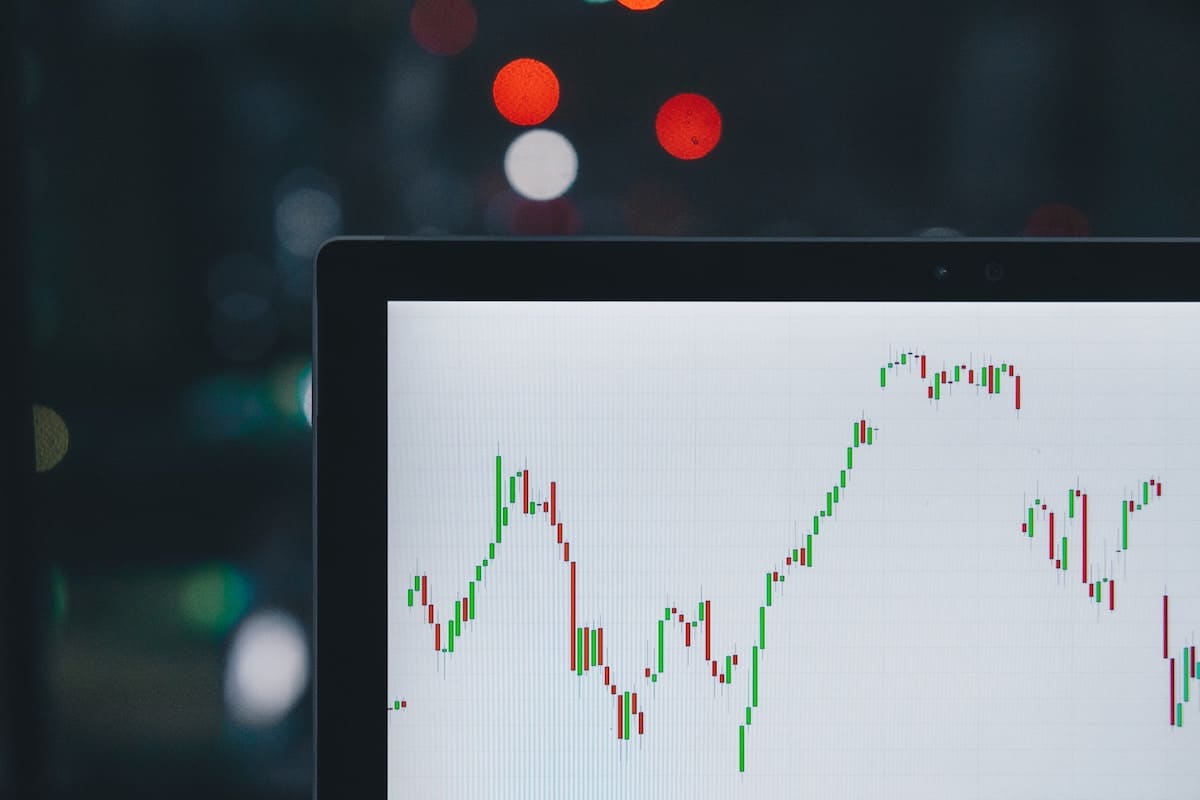In the intricate world of trading, staying ahead of the curve can be the key to success. That’s where the economic calendar comes into play- a vital instrument that traders depend on to anticipate market movements. Unlike a mere collection of dates and events, the economic calendar serves as a strategic compass, guiding traders through the complex terrain of financial markets. Let us find out further What is the Economic Calendar for Trading.
The economic calendar offers a comprehensive schedule of economic events and data releases, providing traders with insights into the economic health of various countries. By carefully analyzing and interpreting the data presented, traders gain a deeper understanding of potential investment opportunities and market trends. Equipped with the knowledge derived from the economic calendar, traders can make well-informed decisions and devise effective trading strategies.
This invaluable tool empowers them to anticipate shifts in the market, seize opportunities, and navigate the ever-changing dynamics of the trading landscape. The economic calendar acts as a trusted companion that can greatly impact trading outcomes.
The Significance of the Economic Calendar
The economic calendar holds immense significance within the trading world as it fulfills several crucial roles. It works as a comprehensive directory, highlighting significant economic events such as employment reports, central bank meetings, and GDP data releases, among others. These events have the potential to greatly impact the financial markets, resulting in price fluctuations across currencies, stocks, and commodities. By diligently monitoring these events, traders can gain insights into market movements and strategically position their trades.
Furthermore, the economic calendar fosters an understanding of the interconnected nature of global economies. For instance, Federal Reserve decision regarding interest rates in the United States can reverberate through global currency markets, influencing traders worldwide. By providing a comprehensive overview of economic events on a global scale, the economic calendar equips traders to navigate the intricacies of the global financial markets with greater efficacy.
Beyond its role as a guiding tool, the economic calendar also acts as a risk management resource. It empowers traders to stay informed about upcoming market events that could potentially impact their open positions. For instance, a trader with an existing position in a currency pair, let’s say EUR/USD, would want to be aware of upcoming economic data releases that may introduce volatility to that particular currency pair. By staying informed and prepared, traders can enhance their risk management practices and make more informed decisions regarding their trading activities.
Utilizing the Economic Calendar for Successful Trading
Achieving success in trading extends beyond the simple concept of buying low and selling high. It necessitates a profound comprehension of market dynamics and the ability to anticipate and adapt to market movements. This is precisely where the economic calendar plays a vital role. By furnishing traders with timely and relevant information regarding significant economic events, the economic calendar enables traders to strategize and seize opportunities based on potential market shifts.
However, it is essential to acknowledge that the economic calendar is not a crystal ball capable of providing absolute certainty regarding market movements. Rather, it serves as a tool that provides traders with a framework to understand the potential impact of economic events on financial markets. To effectively utilize this tool, traders must comprehend how to interpret the data presented within the economic calendar and integrate this information into their trading strategies.
Moreover, the economic calendar can serve as a valuable resource for identifying trading opportunities. For instance, if a country is anticipated to release positive economic data, it may bolster the currency of that particular nation. Traders who foresee this potential movement can position their trades accordingly, potentially benefitting from the subsequent appreciation of the currency.
In summary, the economic calendar empowers traders to plan their trades in advance, capitalize on potential market movements, and identify advantageous trading prospects. It is a dynamic tool that, when utilized alongside a robust understanding of market dynamics, enhances a trader’s ability to navigate the financial landscape and make informed trading decisions.
Wrapping Up
The economic calendar emerges as an invaluable asset for traders, serving as a guiding compass by providing a comprehensive overview of significant economic events that hold the potential to impact financial markets. By comprehending and analyzing the data presented within the economic calendar, traders gain the ability to anticipate market movements, formulate effective trading strategies and elevate their overall trading performance.
However, it is crucial to bear in mind that the economic calendar represents just one facet of the toolkit required for traders to navigate the financial markets successfully. Achieving success in trading necessitates a blend of knowledge, skills, and appropriate tools. By incorporating the economic calendar into their repertoire, traders possess a robust resource to navigate the intricate realm of trading with more confidence.
Ultimately, trading surpasses the mere pursuit of immediate gains. It revolves around comprehending the dynamics of financial markets, making informed decisions, and fostering continuous learning and adaptation. Equipped with tools like the economic calendar, traders enhance their ability to navigate the ever-evolving landscape of financial markets, bolstering their chances of sustained success.


